LESSONS ON THE MECHANISMS FOR ART FILM
At the workshop, Mr. Bastian Meiresonne, a French cinema expert, gave an impressive presentation on the topic of art film production in the context of globalization - French experience and suggestions for Vietnamese cinema.
He said that French cinema has the term "French cultural exception" which refers to films that are not used for commercial purposes but are only for art with long-term goals. Because cinema, in addition to making money, also has cultural and artistic values... According to him, Vietnam should create a corridor for art films to develop.
In France, since 1908, experts have discussed art films and compiled a list of films to be shown to win the hearts of viewers. By 1925, France had a cinema dedicated to art films, which still exists today. In 1946, the French National Center for the Arts (CNC) was established, becoming a unit to support the country's film industry. In the next period, France imported American films and taxed them (included in ticket prices) to support the development of art films.
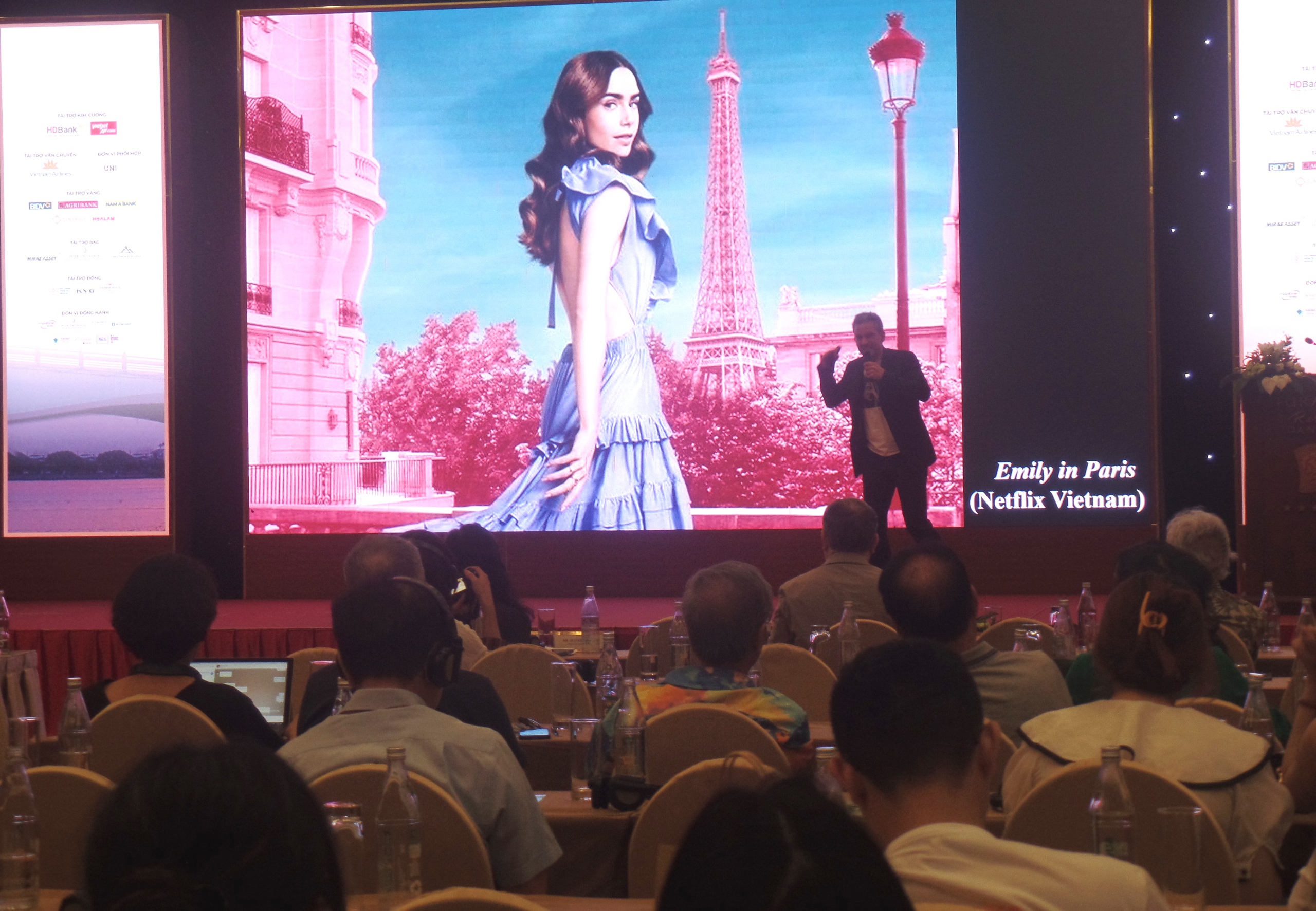
Mr. Bastian Meiresonne talks about his experience developing art films in France
For art films, in addition to tax reductions, France also offers preferential policies such as financial support for film production. In 2021 alone, France supported 97 feature films, animations, documentaries, etc. with a budget of more than 35 million euros from 82 different funding sources.
Mr. Bastian Meiresonne said that France has film development funds all over the world . Vietnam has good quality film projects that can be supported to develop into art films. "In Vietnam, with the advantage of the cinema system, it can develop to show art films to a narrower audience, with cheaper tickets and closer promotion...", he said.
French Ambassador to Vietnam Olivier Brochet affirmed that France wishes to exchange cultural policies to allow the development of the creative industry, including Vietnamese cinema. Assessing France as the gateway for Asian cinema products to reach Europe, Mr. Brochet said that in the coming time, Vietnam can trust in France's support and companionship for the development of Vietnamese cinema with talented young directors. France will accompany young Vietnamese filmmakers to access the French and international markets.
"Cinema is a cultural exchange, so we hope that French cinema products will be known to more Vietnamese audiences... We hope that Vietnamese cinema will continue to develop in the future," French Ambassador Olivier Brochet emphasized.
CONTINUING THE "FATE" RELATIONSHIP
Mr. Tran Chi Cuong, Vice Chairman of the People's Committee of Da Nang City, shared: France has a large and long-standing cinema industry in the world. It is a cinema industry with abundant and intense creativity and breakthrough, with a profound and strong role of the trends of "authorial cinema" and "art cinema".
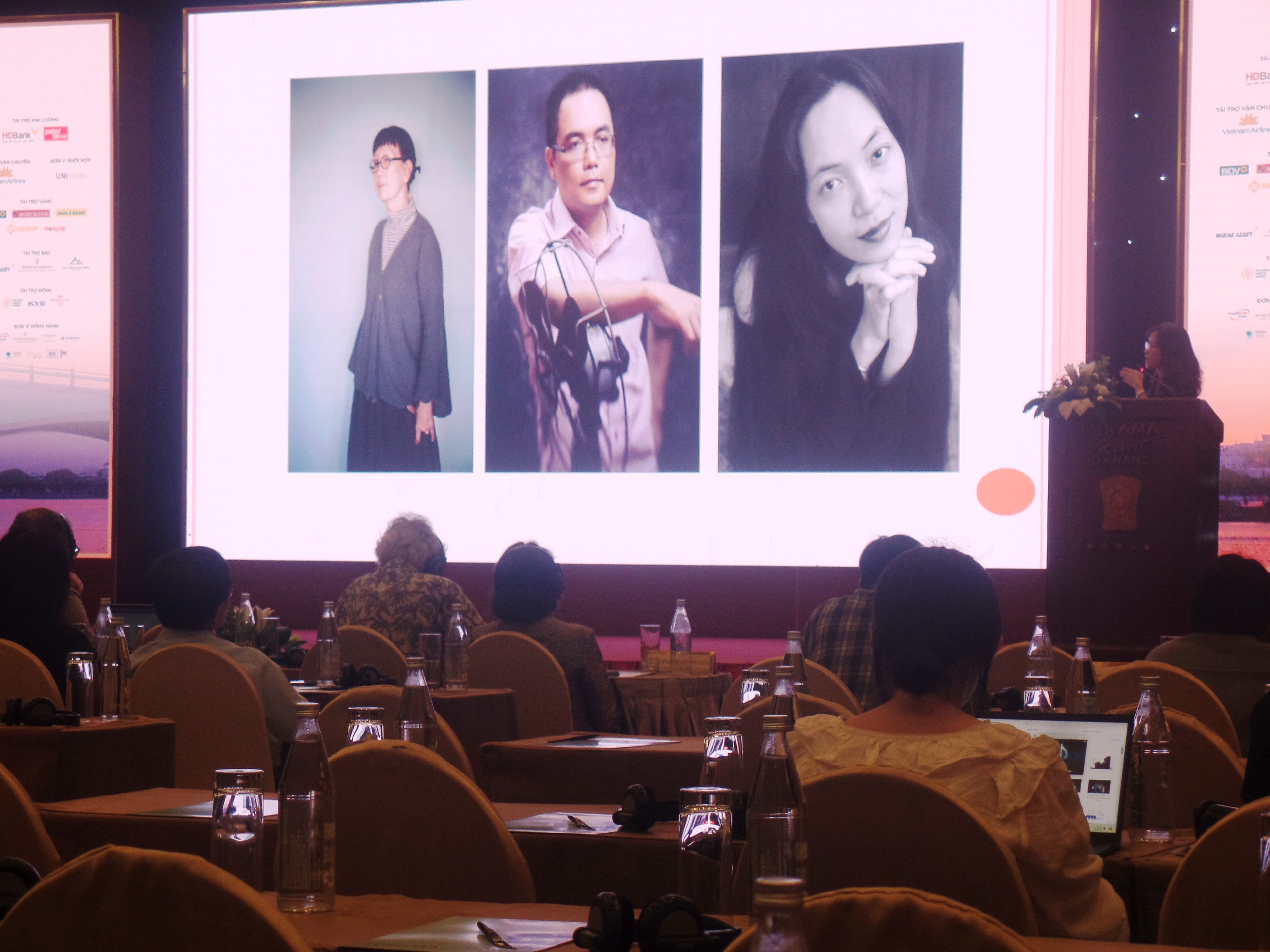
Some Vietnamese directors influenced by French cinema: Siu Pham, Phan Dang Di, Nguyen Hoang Diep (from left to right)
According to Mr. Cuong, in the long history of French-Vietnamese cultural exchange, French cinema and Vietnamese cinema have always had close and meaningful relationships. Many French films and French filmmaking technology and culture have been made in Vietnam very early. Many Vietnamese directors or French directors of Vietnamese origin have participated and been honored at major film festivals in France in particular and Europe in general (such as Tran Anh Hung, Bui Thac Chuyen, Phan Dang Di...).
"The workshop is an opportunity to exchange and learn about the successful experiences of French cinema and draw lessons for Vietnamese cinema, which is striving to develop in diverse and international directions," said Mr. Cuong.
According to Ms. Ngo Phuong Lan, President of VDFA, the history of French and Vietnamese cinema has a predestined relationship. In the early 1990s, three major French films were shown in Vietnam at the same time, including: Indochina, Dien Bien Phu, and The Lover , which made the topic of Vietnam more widely known to the world. French cinema also contributed to the popularity of Vietnamese cinema through films about Vietnamese themes. However, recently, there have been no major films filmed by French filmmakers in Vietnam. Therefore, there should be discussions about the relationship and cooperation in cinema between the two countries, as a way to extend the relationship in Vietnamese and French cinema.
In the roundtable discussion, People's Artist Nhu Quynh recounted the story of her participation in the film Indochina (1992) and expressed her pride in contributing something to Vietnamese cinema, the Vietnamese mentality in the film made by the French. She said that French and Vietnamese cinema had a lot of understanding and closeness from a very early age.
Director - People's Artist Dang Nhat Minh, who studied in France for 2 years, thanked French cinema for having a profound influence on him. "The Cinema Achievement Award at the 2nd Da Nang Asian Film Festival (DANAFF 2) that I received was greatly influenced by French cinema ideology," said Mr. Minh.
Director Dang Tat Binh shared that he learned the meticulousness and carefulness in the working style of French film crews and that French cinema helped him "realize many things" when he had a 3-month internship in this country.
Mr. Jeremy Segay, Audiovisual Attaché of the French Embassy, said that the French Embassy has had talks with film associations in France to support French-Vietnamese cooperation films that have been screened in Paris.
"In the future, we will support more Vietnamese films in France in many different fields. Vietnam now has a dynamic film industry. France will support young Vietnamese directors as well as Vietnamese film production to the world. It is quite important that the two countries need to have cooperation and sign support agreements on culture as well as cinema," said Mr. Jeremy Segay.
French Ambassador to Vietnam Olivier Brochet
Source: https://thanhnien.vn/moi-luong-duyen-dien-anh-phap-viet-185240703225820971.htm



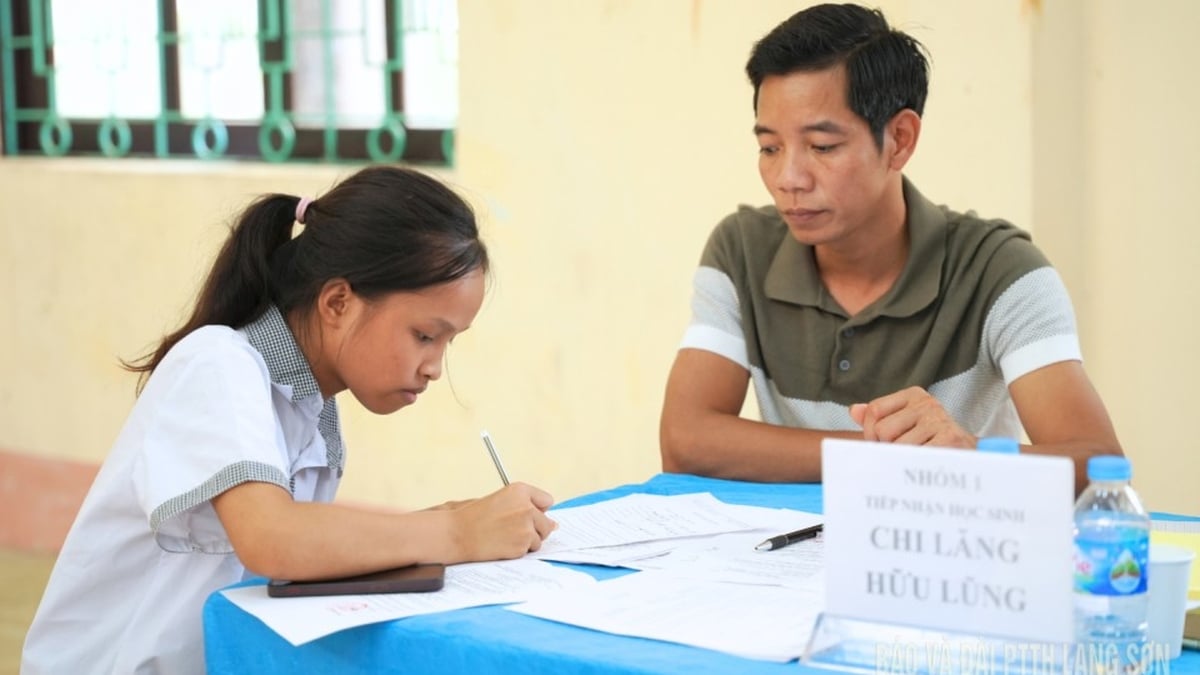
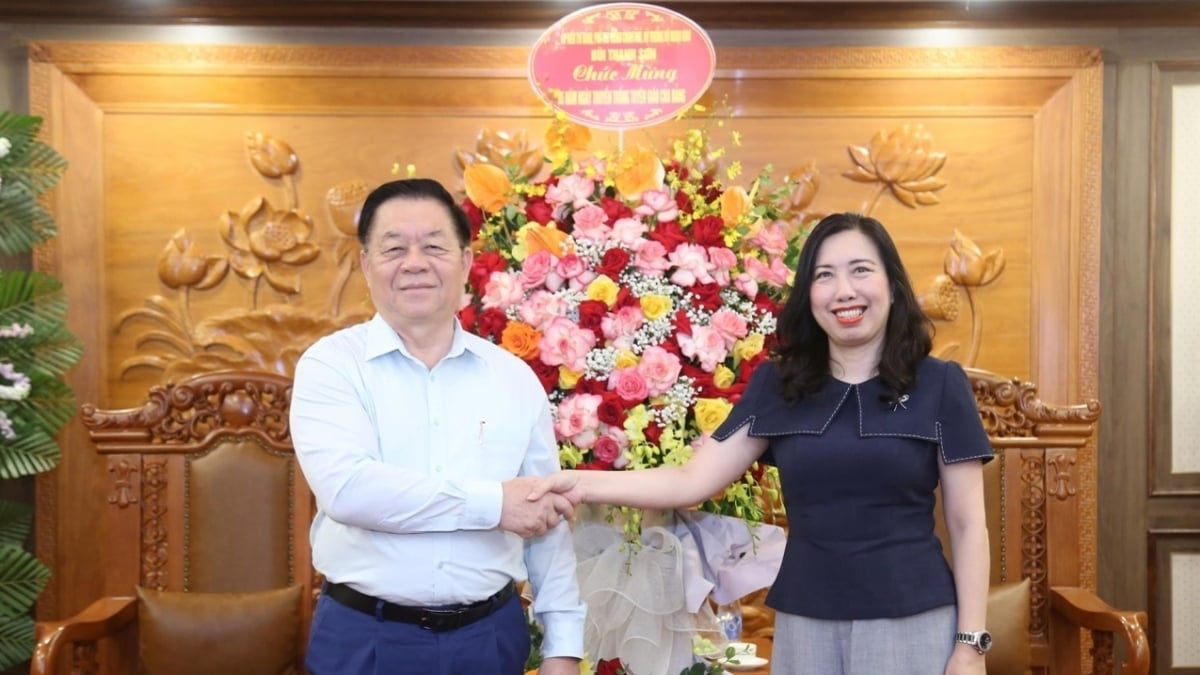
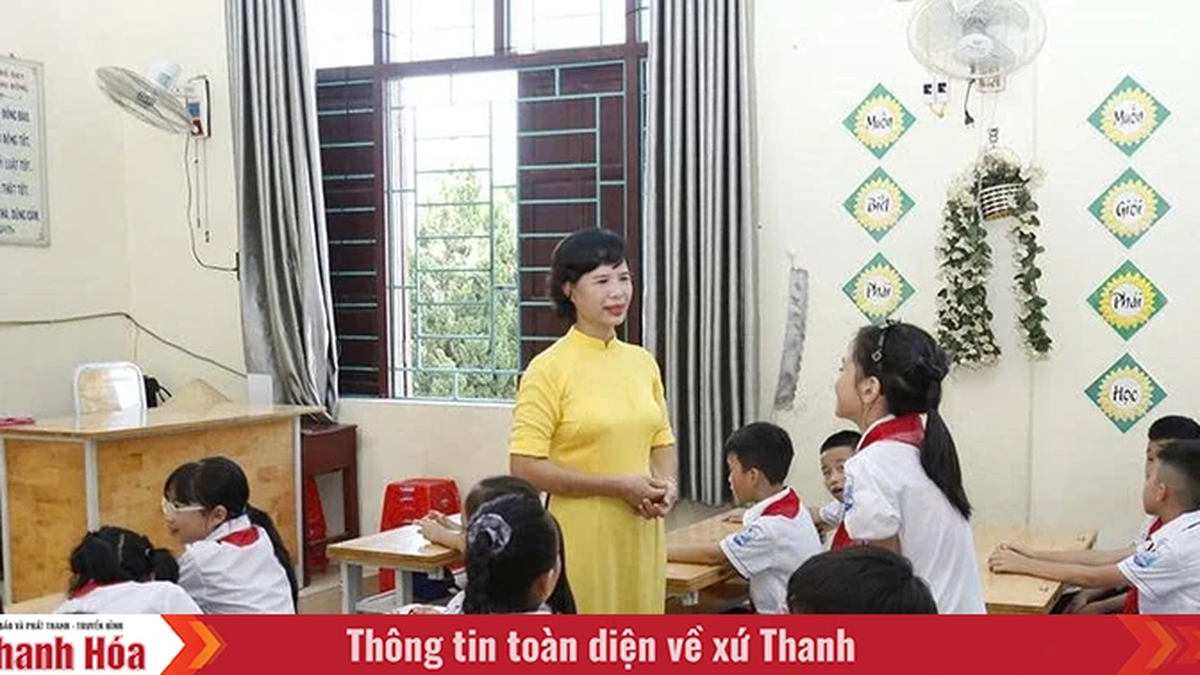
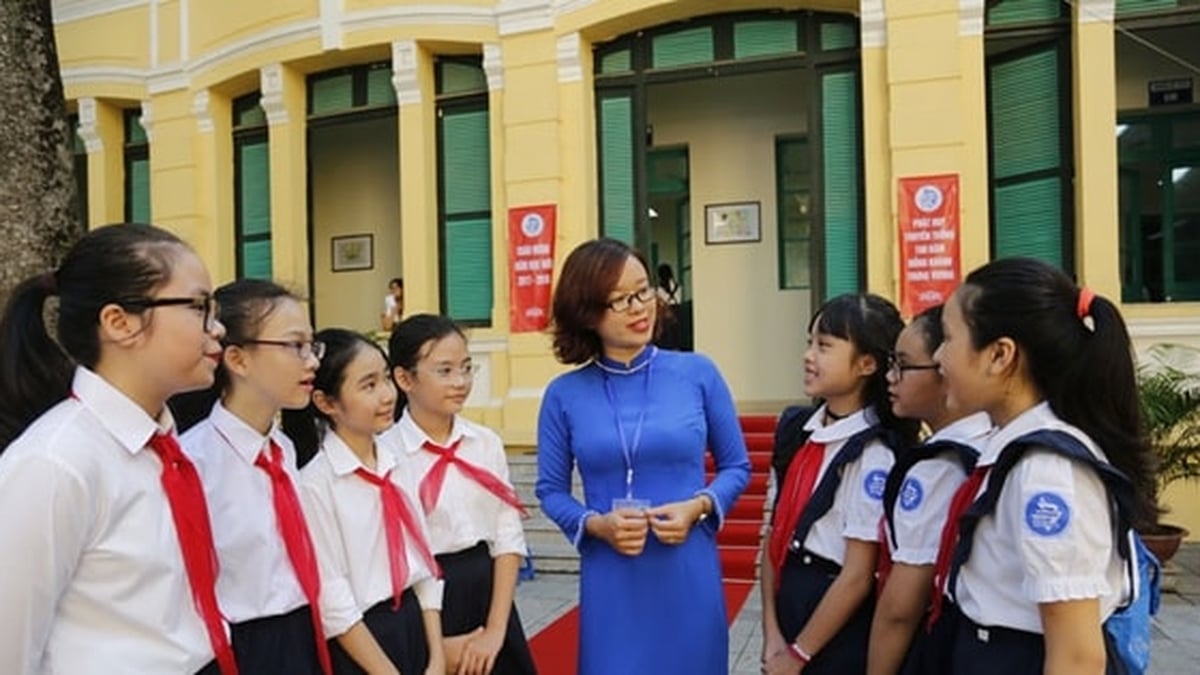
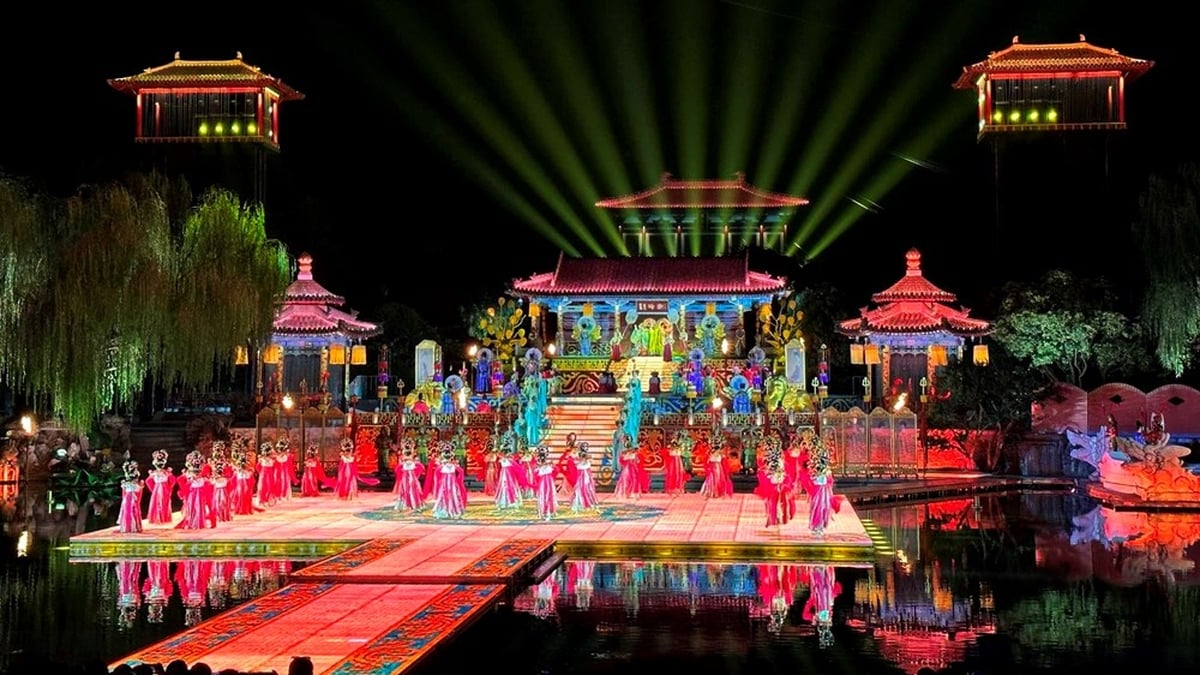
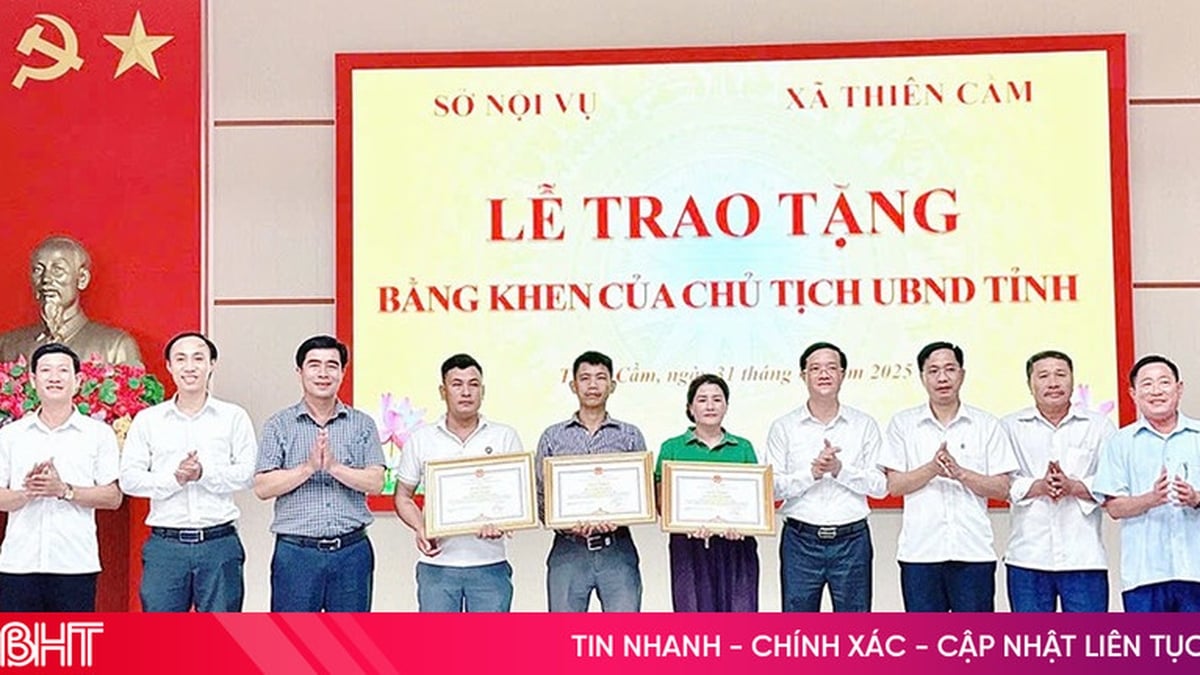

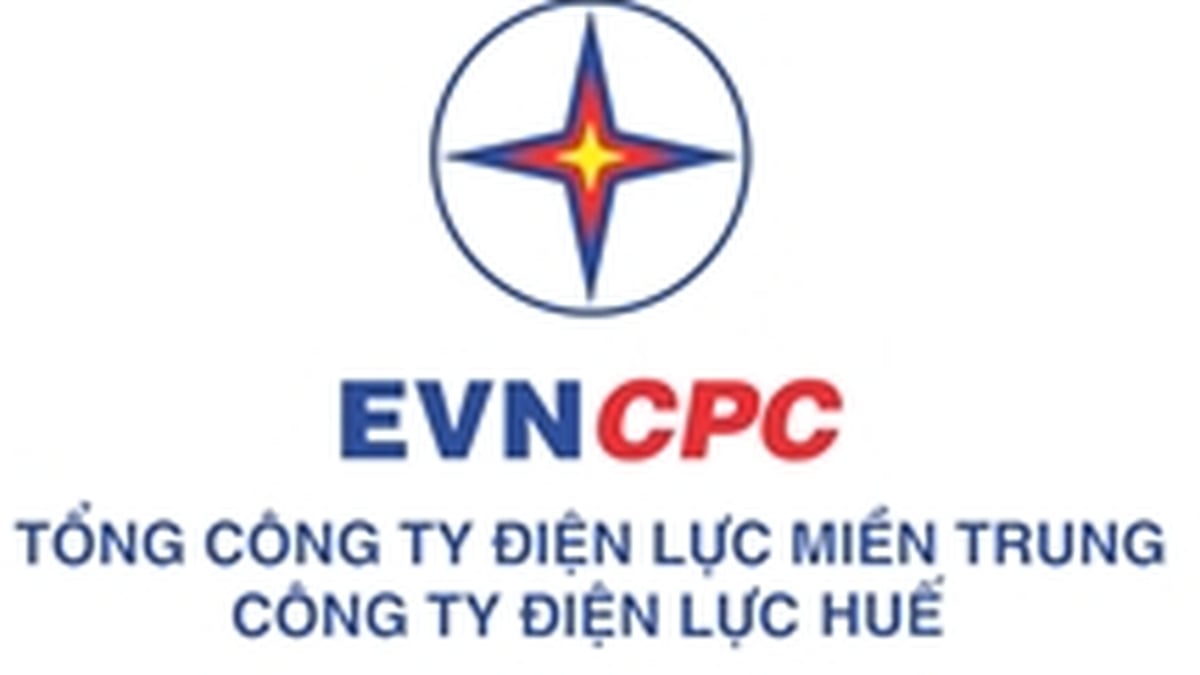




































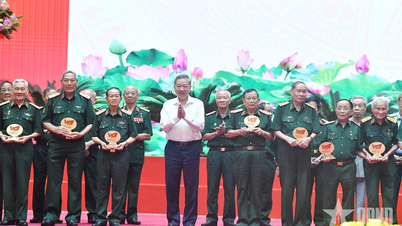


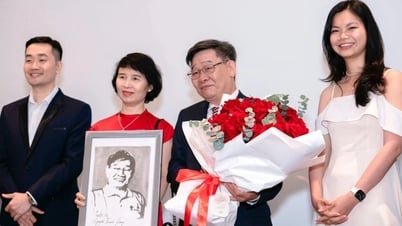




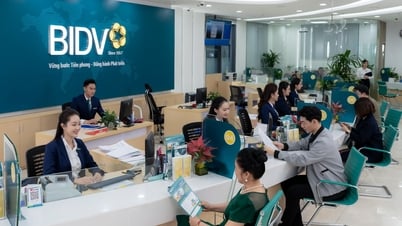

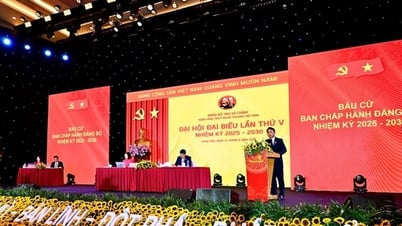

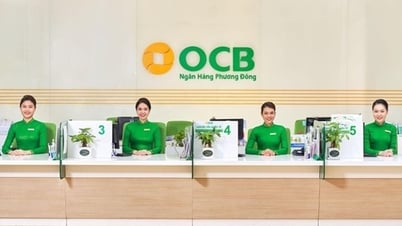




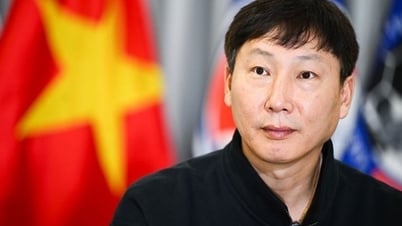


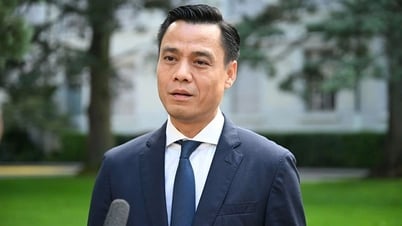
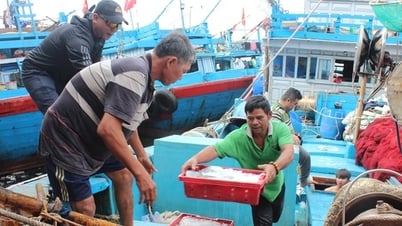

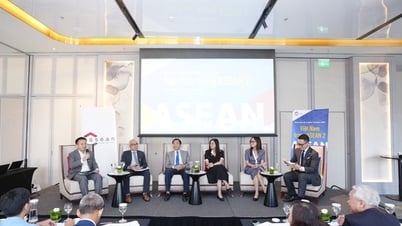

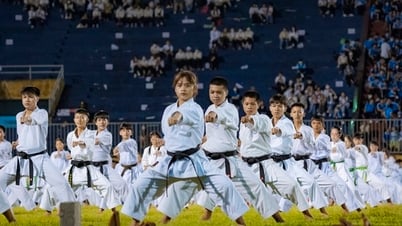
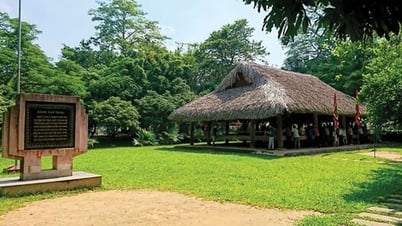


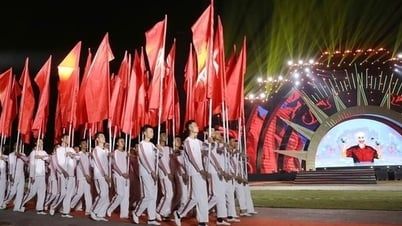
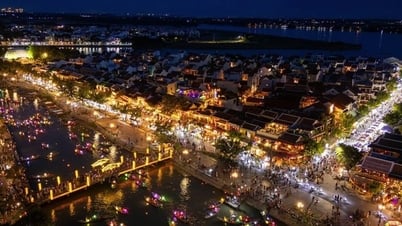



















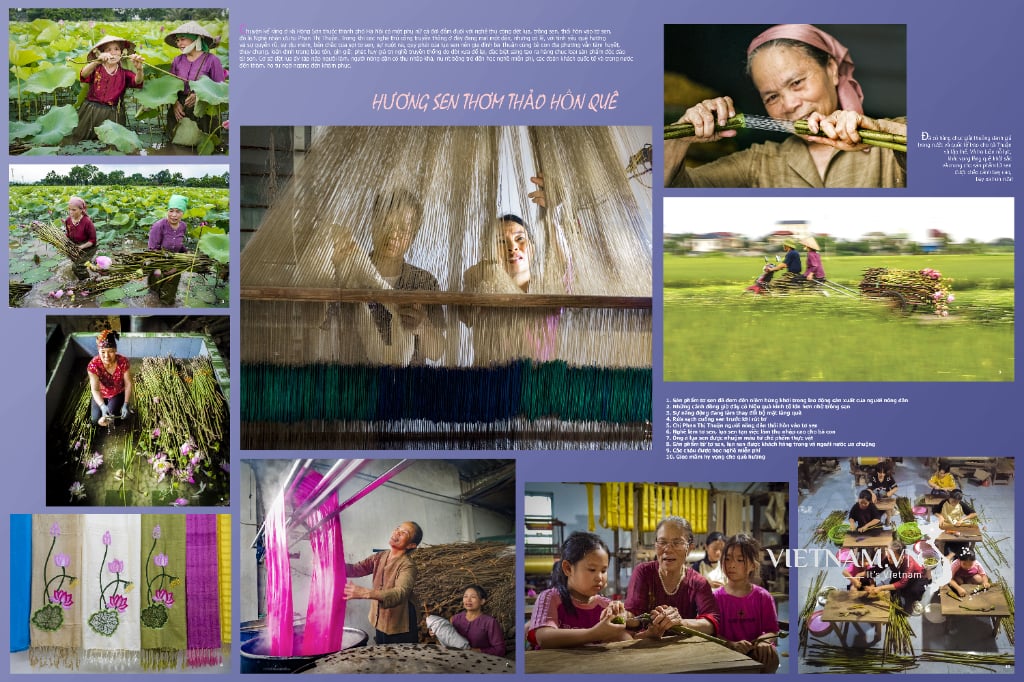
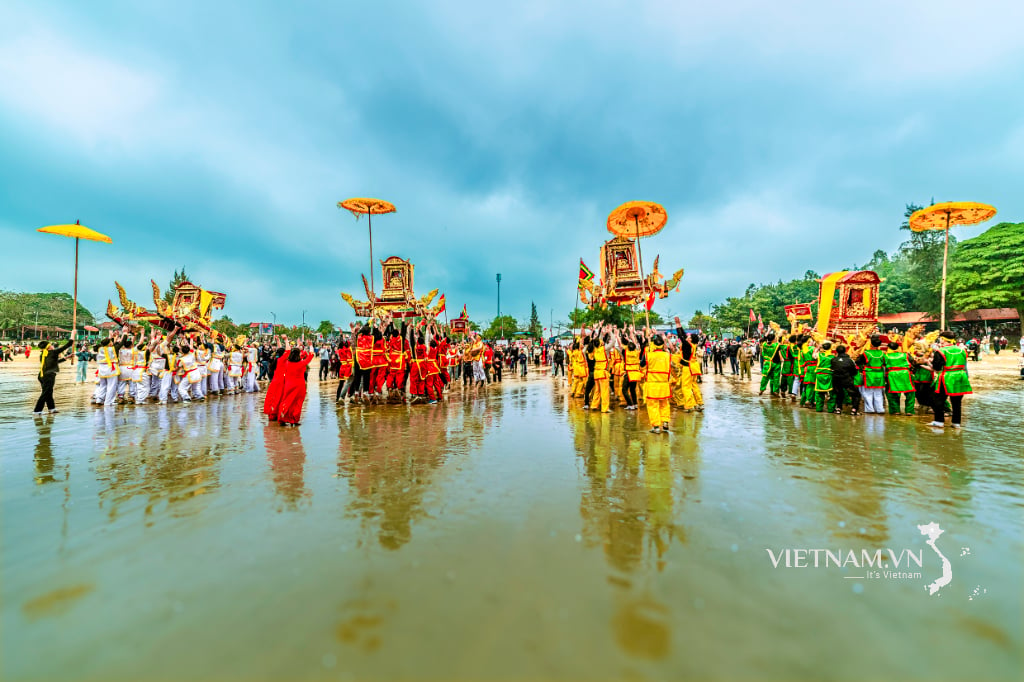

Comment (0)